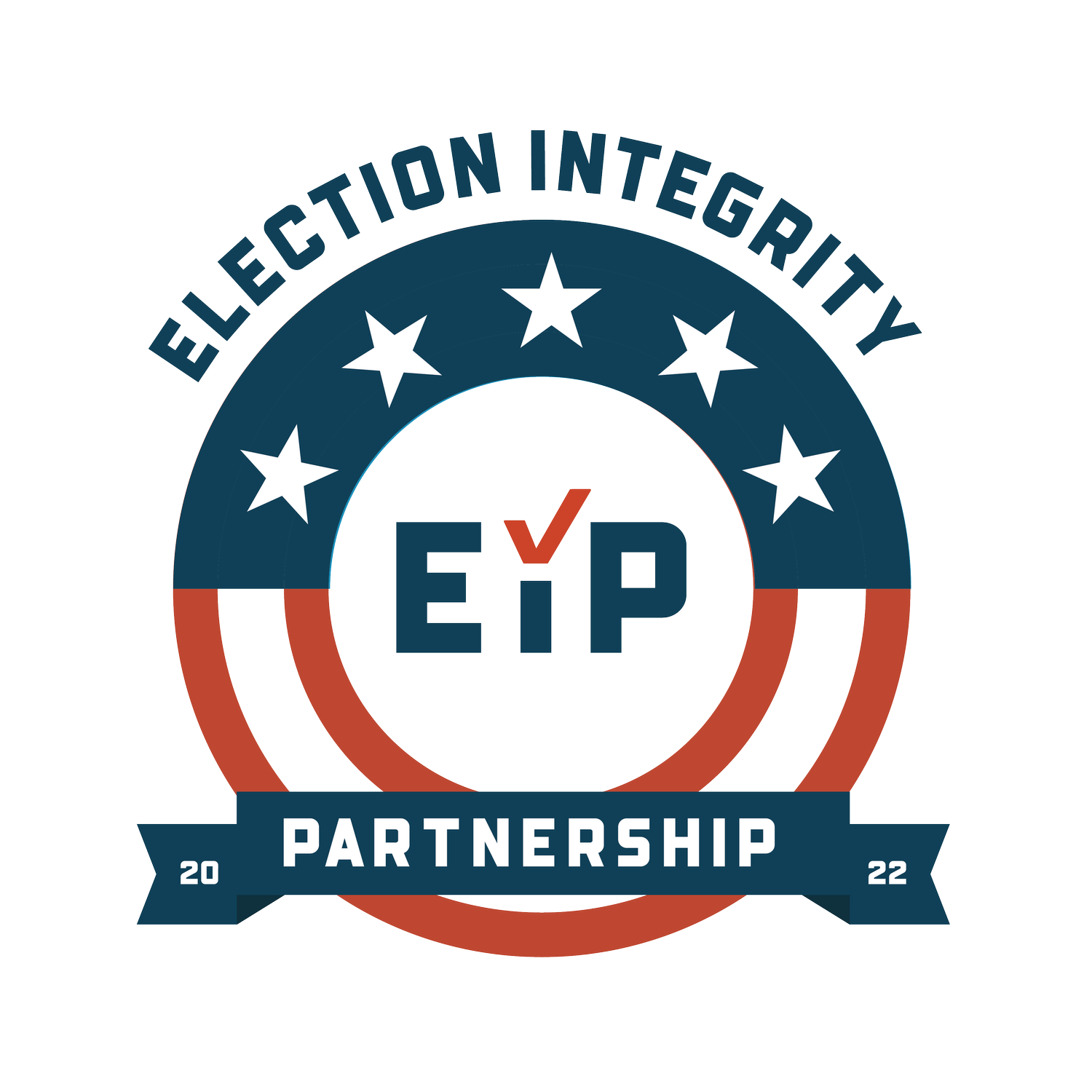Potential Misinformation in a Well-Intentioned Tweet: Domestic Violence Victims and Public Voter Registration Records
This post was authored by the Election Integrity Partnership with input from the National Resource Center on Domestic Violence
Authors: Daniel Bush, Elena Cryst, and Katie Jonsson
Researchers: Jennifer John, Vanessa Molter, and Shelby Grossman
On Sept. 15, EIP analysts came across a tweet containing partially misleading claims about abuse victims and publicly accessible voter records. A likely authentic Twitter account posted that if you are hiding from an abuser you can’t vote, because voter registration information is publicly available. A prominent activist retweeted and replied, affirming the misleading tweet.
It is true that voter registration records, including names, home addresses and political party affiliations, are considered public records. All states allow some form of access to these records for political parties and candidates. Depending on the specific state, the records can be shared with law enforcement, government officials and the public. However, 38 states and Washington, D.C. have programs to protect the identity of abuse victims through Address Confidentiality Programs and Safe At Home Programs. Address Confidentiality Programs allow survivors to use an alternate address or P.O. Box on public records, including voter registration. For example, Washington state’s program is currently used by 4,500 people. On the other hand, survivors must be aware of and enroll in confidentiality programs themselves — proof of how important local domestic violence programs and state coalitions are in aiding survivors. Furthermore, many states do not have protection programs, including Alabama, Alaska, Arkansas, Georgia, Hawaii, Michigan, North Dakota, Rhode Island, South Carolina, South Dakota and Utah. As the National Network to End Domestic Violence makes clear, the current system falls short of protecting victims in a number of ways, and it is important to call attention to these problems. It is also worth encouraging survivors to take advantage of local resources and to develop a safety plan anticipating problems that could come up in connection with registering to vote.
The blend of fact and implication in this tweet illustrates the challenges of crafting failsafe policies around important topics such as voting procedures. Encouragingly, several Twitter accounts replied to the original tweet, tweeting fact-checking posts and links to policies that allow victims of intimate partner violence to use alternate addresses for official processes such as voting (e.g., Ohio, California).
In this context, what is the proper way to interpret this tweet? Interpreted literally, it is misleading, since it is not the act of casting a vote that is at issue (as the tweet states) but the act of registering to vote and thereby potentially allowing one’s address to be discovered by malicious people. But it is also reasonable to interpret the tweet as a well-intended warning against a very real danger — even if the tweet fails to note that there are ways to mitigate this danger, and its categorical quality could make readers think there are in fact no ways for survivors to vote safely. There are other interpretations as well: reasonable readers could conclude that if an individual requests their information to remain private they waive the right to vote, or that victims of abuse must choose between voting and protecting themselves.
Based on its potential to dissuade voters from participating based on misleading claims, there are at least three clauses in Twitter’s civic integrity policy that would seem to allow for labeling or removal of this tweet. Twitter reserves the right to take action against:
“misleading information about requirements for participation, including identification or citizenship requirements” (the tweet could be interpreted to imply that one is required to make one’s real address public if one wants to vote).
“misleading claims that cause confusion about the established laws, regulations, procedures, and methods of a civic process, or about the actions of officials or entities executing those civic processes” (the tweet could be interpreted to imply falsely that one’s address is made public as a result of casting a vote [and not registering to vote]).
“misleading claims about process procedures or techniques which could dissuade people from participating” (the tweet could dissuade users — especially abuse victims — who want to prevent their addresses from becoming public from voting).
In this case, Twitter did not label or remove the tweet — to be clear, EIP believes this is a reasonable conclusion. Since the policies that exist to help protect voters are not uniform across all states and voters must opt into these programs, Twitter likely judged that this tweet was intended to educate the public and inform vulnerable voters rather than to mislead — even if the tweet itself was potentially misleading. Thus, this tweet is a good illustration of the extent to which even well-crafted policies like Twitter’s can require judgement calls. Perhaps the main takeaway from this incident is that even well-intentioned posts can deter people from voting, and that social media users should be careful to describe voting procedures clearly and accurately. Survivors of abuse face unique considerations when it comes to registering to vote, but there are ways to navigate these problems. Local advocates and programs, in particular, can help survivors address their safety concerns and safely exercise their right to vote.
